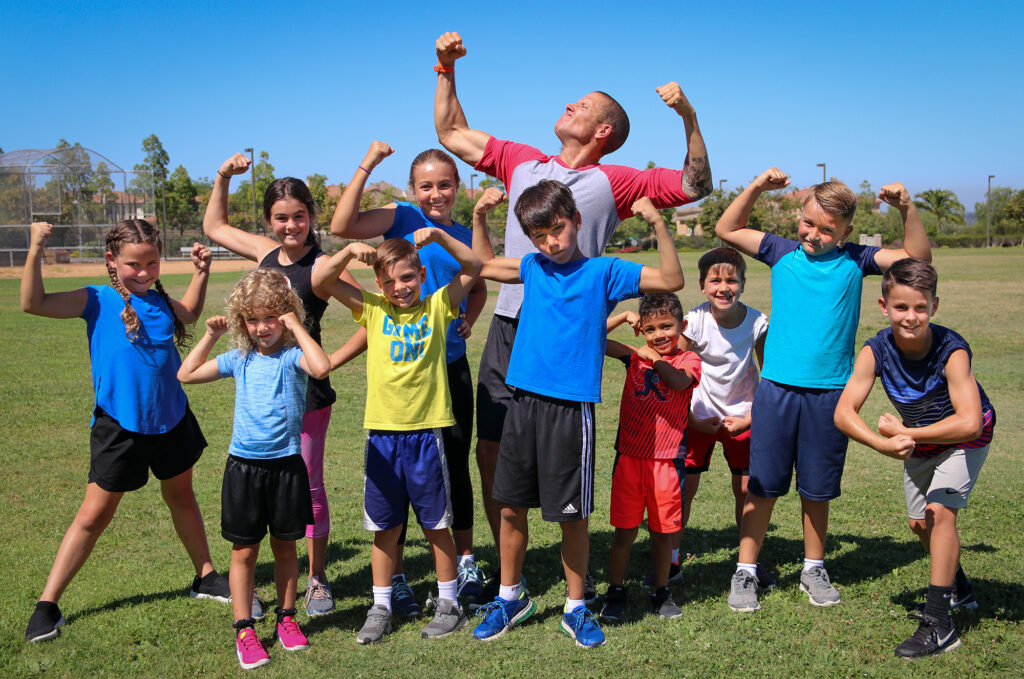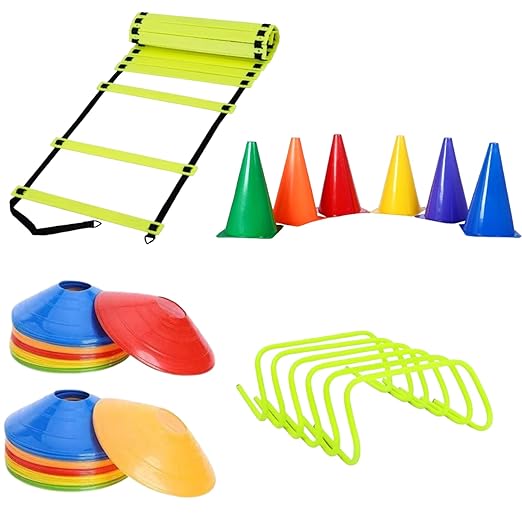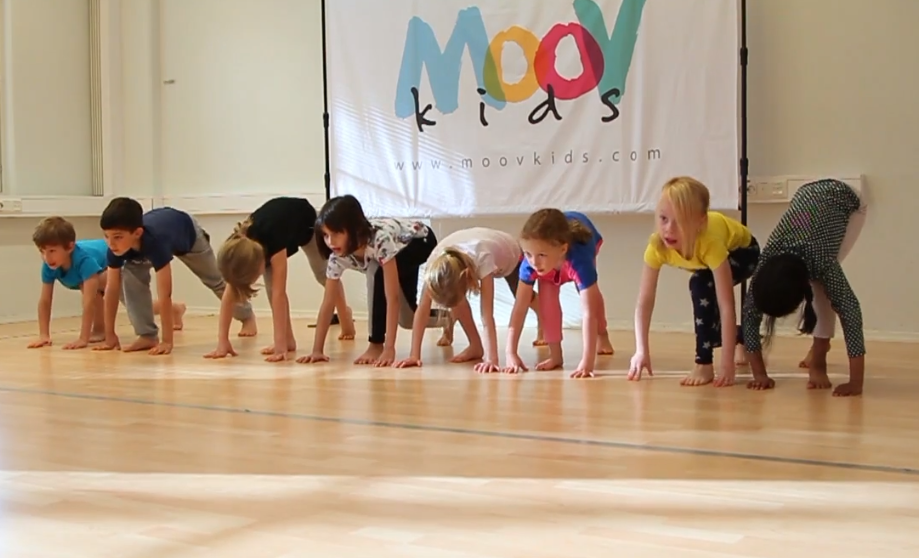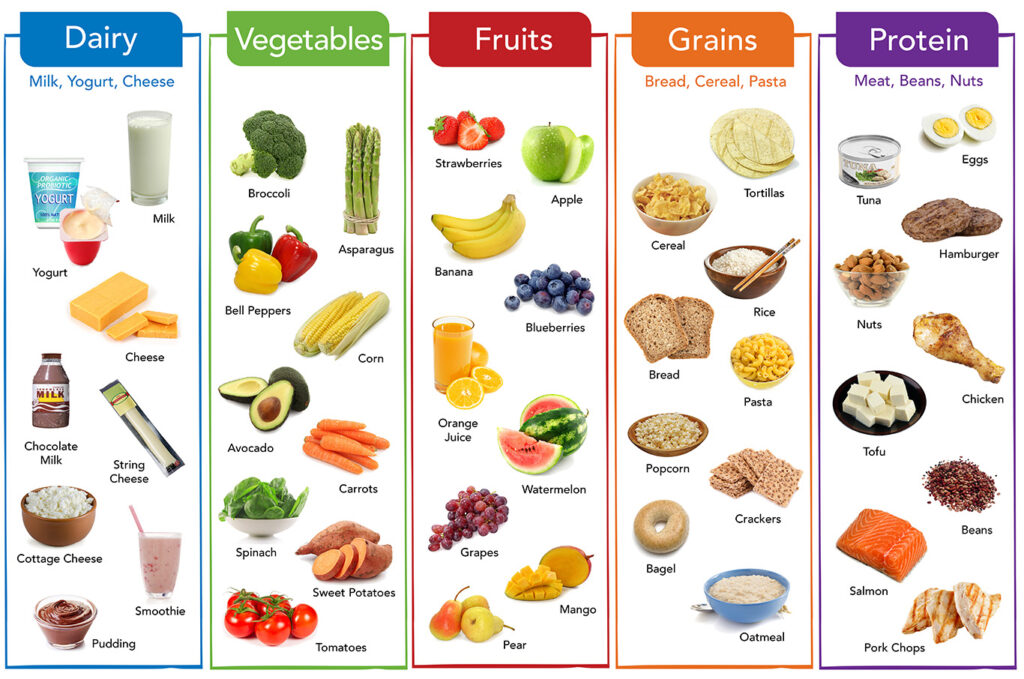Health is wealth (Small Changes, Big Impact)

Does it matter? What do you think? The best thing about fitness, you know, is that it doesn’t fall into any kind of category. Everyone is welcome, regardless of age. (Why teens fitness matters?)
Teens are the world’s future. Simply look at your child if you wish to view the stars. You are beautiful because of your child.
However, the beauty must endure for a very long time.
Recovering from its disappearance takes time. talking about the inside as well as the outside.
Teens are this universe’s most alluring creation. Their future is determined by the traits they were born with. The way is paved for them. Isn’t it incredibly fascinating?
The question now is, why is fitness important to teenagers? Teens’ reasons for spending time on their bodies. What are your thoughts? Is it beneficial to give kids some exercises to practice? Is it a good idea to encourage them to get better?
Consider the following scenario: for whom are we living money? Money leads to luxury, which in turn shape our standards. Isn’t that correct?
We are talking about Teens. Teenagers who are fit have more passion and thrive. It motivates people to go above and beyond in any discipline. Fitness gives them the motivation to achieve better in life.
It gives them the strength to overcome any obstacle in their lives. It empowers people to stand alone and overcome the challenges.
Learning from weightlifting is not the same as simply lifting them. Every piece of art imparts knowledge. either good or awful. What a person chooses to do depends on them.
Teens who are fit have a variety of benefits that affect their mental and physical health. It supports a healthy weight, strengthens bones and muscles, and enhances cardiovascular health, all of which can lower future health risks.
By producing endorphins, exercise improves mood, lowers stress, and increases self-confidence. Additionally, it enhances academic performance, memory, and focus.
Why teens fitness matters?
Teens who engage in regular physical activity build resilience, self-control, and goal-setting abilities as well as lifetime healthy habits that can result in a more balanced, active, and satisfying existence.
Socially, teens can develop their leadership, communication, and collaboration abilities as well as their relationships with their classmates through sports and group fitness activities. Adolescents who start fitness regimens lay the groundwork for lifelong healthy behaviors.
Mental and physical benefits for teens
Teenagers who engage in physical activity can reap the following health benefits:
- Enhance the respiratory and cardiovascular system
- Develop robust bones and muscles.
- Reduce the risk of heart disease and obesity by controlling your weight.
- Lower the chance of developing cancer
- Lower your chance of developing type 2 diabetes and high blood pressure
- Lower the chance of developing osteoporosis
- lengthen life expectancy
Teens who exercise can also benefit mentally from a variety of advantages, including:
- Boost happiness and lower stress levels
- Diminish the signs of anxiety and despair
- Boost your self-confidence
- Improve your perception of your body
- Boost mental function
Teens already have a lot on their plate. They need a place where they may enjoy themselves and get the activity they require to stay happy and healthy. (Why teens fitness matters?) Teenagers can benefit from cardiovascular, bone-, and muscle-strengthening activities at Little Tikes Commercial fitness playgrounds.
Why fitness is important for youth?

For young people, fitness is essential since it promotes their general development, mental health, and physical growth.
Regular exercise lowers the risk of chronic diseases like obesity and diabetes and helps to strengthen bones, muscles, and cardiovascular health, laying the groundwork for a healthier future.
Why teens fitness matters?
Fitness has been demonstrated to improve focus, elevate mood, and lower stress levels, all of which can improve academic achievement and emotional fortitude.
Through team sports, group activities, or just hanging out with friends, physical activity gives young people a way to connect with others and boosts their confidence and self-esteem.
Young people can create long-lasting habits that promote well-being and help them grow up to be balanced, healthy adults by integrating fitness into their life.
Teens should engage in moderate-to-intense physical exercise for at least one hour each day, according to physical activity standards.
Additionally, the majority of the exercise should be aerobic in nature, requiring the usage of big muscles over an extended length of time. Aerobic activities include swimming, dancing, and running.
A regular workout regimen is a great approach to build heart-healthy habits and share physical activity with loved ones.
How much physical activity do teens need?
On most days, teens should engage in moderate-to-intense physical exercise for at least 60 minutes in order to maintain their fitness and health and to maintain a healthy weight as they mature.
Exercises that build muscle, bone, and aerobic capacity should all be a part of physical activity.
Parents should limit screen time activities (TV, video games, cell phones, tablets, and laptops) and promote healthy practices. Substitute more active activities for these sitting-intensive ones.
Even 30 minutes a day of low-to-moderate intensity exercise can be beneficial. These pursuits could involve the following:
Walking for pleasure
Stair climbing
Dancing
Exercise at home
Teenagers who engage in regular aerobic physical activity have greater exercise tolerance. Additionally, it helps prevent type 2 diabetes and heart disease. Continuous activities that raise the heart rate and breathing rate are referred to as aerobic activities.
Why teens fitness matters?
Encourage your teen to consume fluids frequently while engaging in physical exercise to avoid dehydration.
After the physical activity is over, have them drink many glasses of sugar-free water or another beverage.
Instances of strenuous actions could be:
Brisk walking
Running
Swimming
Cycling
Roller skating
Jumping rope
Playing on the playground
Dancing
Gymnastics
Hiking
Soccer
Tag games
Why teens fitness matters?
Teens who exercise regularly may be able to avoid weight growth, high blood pressure, abnormal cholesterol, and bad lifestyle choices that could later cause heart attacks and strokes.
Regular exercise is a component of a healthy lifestyle. However, some teenagers may exercise excessively.
Consult your teen’s healthcare professional if they start to lose weight and their growth patterns deviate from normal or if exercise gets in the way of their other regular activities, like going to school.

Advanced Sports Complete Agility Training Kit: 4m Ladder, 10 Saucers, 6 Cones (6″), 6 Hurdles (30cm) – All-in-One Solution for Enhancing Speed, Agility, and Athletic Performance
-74% ₹1,299
M.R.P.: ₹4,999
Inclusive of all taxes
How to build stamina in kids?

Children require endurance in all facets of their lives.
For a long time, your child must be able to maintain activities in all areas of their lives, including studying, school, playing, interacting with other children, and even spending time with you.
Including enjoyable, developmentally appropriate exercises that progressively increase children’s strength and endurance is key to building their stamina.
Here are a few successful tactics:
Regular Physical Activity: Promote play and movement on a daily basis, such as swimming, biking, dancing, or tag games. Fun activities that last a short while keep children engaged and promote endurance.
Why teens fitness matters?
Introduce Cardiovascular Exercises: Sports like basketball, tennis, or soccer, as well as running and jumping rope, are great for cardiovascular health and help youngsters build stronger hearts and lungs.
Build Muscle Use body-weight exercises, such as squats, push-ups, and sit-ups, gradually. These can be included into activities like crawling or climbing for younger children.
Promote Consistency: Incorporate exercise into their daily schedule. Over time, even 20 to 30 minutes a day can help increase stamina.
Emphasis on Fun Over Intensity: Children are more likely to continue engaging in pleasurable activities, so steer clear of strenuous activity and instead keep things lighthearted.
Incorporate Rest and Recovery: Children’s bodies and muscles require time to recuperate, so make sure they get adequate sleep. Getting enough sleep and eating a healthy diet are also essential for increasing endurance.
Challenge Gradually: As their endurance increases, gradually increase the length and level of activity. For instance, extend an enjoyable activity by a few minutes or add an additional lap of running.
Children will naturally acquire endurance and a positive attitude toward keeping active if they are encouraged and given consistent support.
What should teenagers eat?

Reduce your intake of cakes, biscuits, sweets, and carbonated beverages.
Reduce your intake of processed foods like quick noodles and fatty items like chips, burgers, and fried food. Consume well-balanced meals on a regular basis.
Meals should be based on starchy foods, preferably wholegrain ones. Consume more vegetables and fruits.
Why teens fitness matters?
Teens should prioritize eating a balanced diet that promotes their general health, growth, and energy requirements.
Here is a list of the fundamental dietary groups they ought to contain:
Proteins: For the growth and repair of muscles, lean proteins like those found in chicken, fish, eggs, beans, and nuts are crucial. Additionally, protein promotes general energy and keeps them feeling full.
Whole Grains: Oats, brown rice, quinoa, and whole-grain bread are examples of whole grains that offer consistent energy levels throughout the day, promoting both mental and physical activity.
Vitamins, minerals, and antioxidants found in fruits and vegetables help maintain healthy skin, a strong immune system, and a high level of vitality. To obtain a variety of nutrients, look for a colorful variety.
Healthy Fats: Nuts, seeds, avocados, and olive oil are excellent sources of fat that are essential for hormone balance and brain development. Omega-3 fatty acids, found in fatty fish like salmon, are also good for the brain.
Dairy or Calcium-Rich Foods: Plant-based sources such as leafy greens or fortified almond milk, as well as dairy products like milk, cheese, and yogurt, are crucial for bone health, particularly during growth spurts.
Hydration: From digestion to brain function, water is essential for all body processes. Teens, particularly those who are active, should make it a point to stay hydrated throughout the day.
Limit Sugar and Processed Foods: Sugary drinks, processed snacks, and fast food should all be avoided because they can cause weight gain, energy dumps, and poor attention.
Teens may maintain a healthy weight, enhance focus, support their physical development, and stay energized with a well-rounded diet that includes a range of nutrient-dense foods.